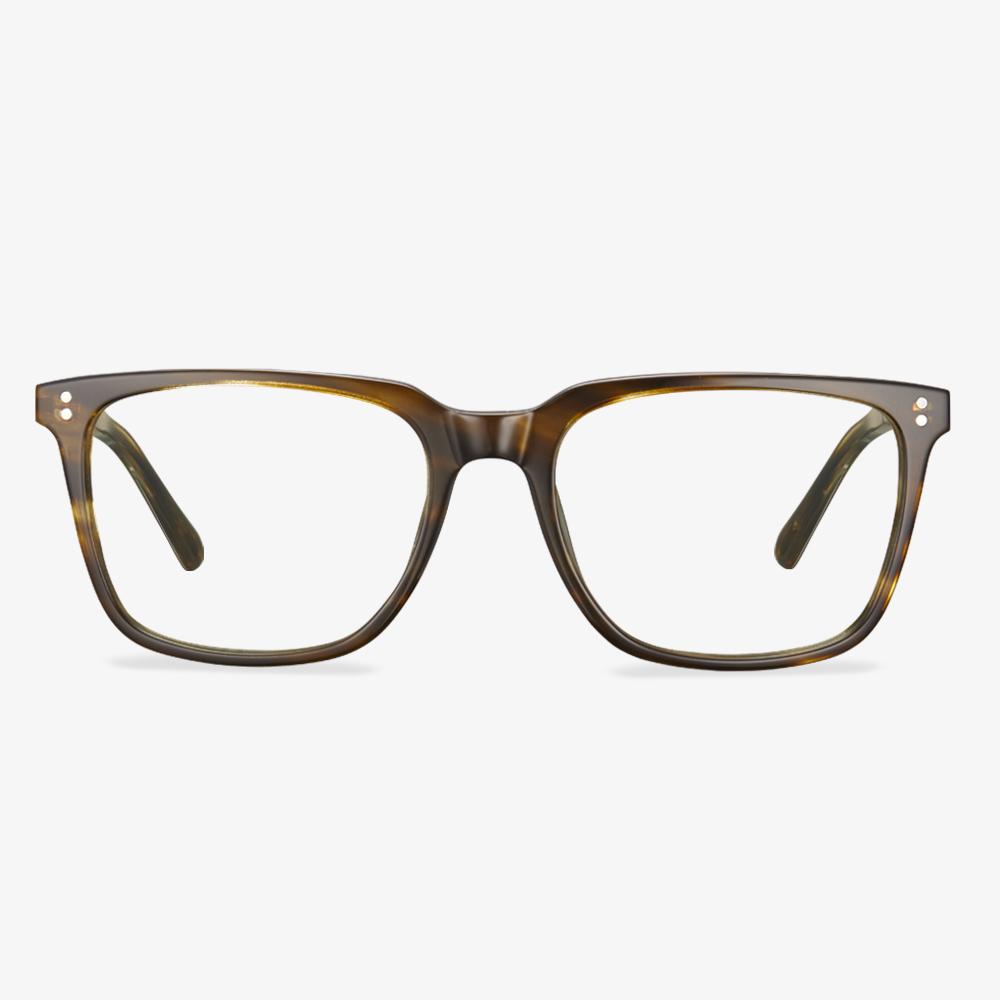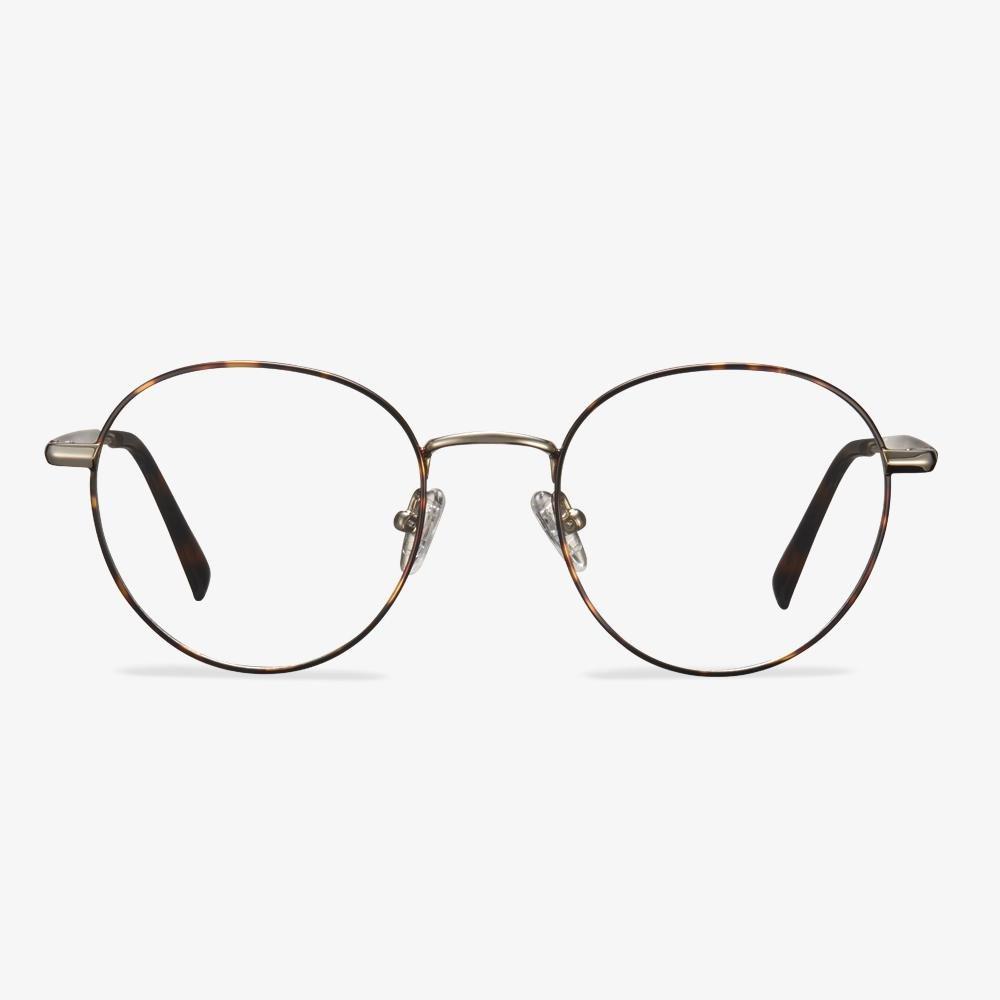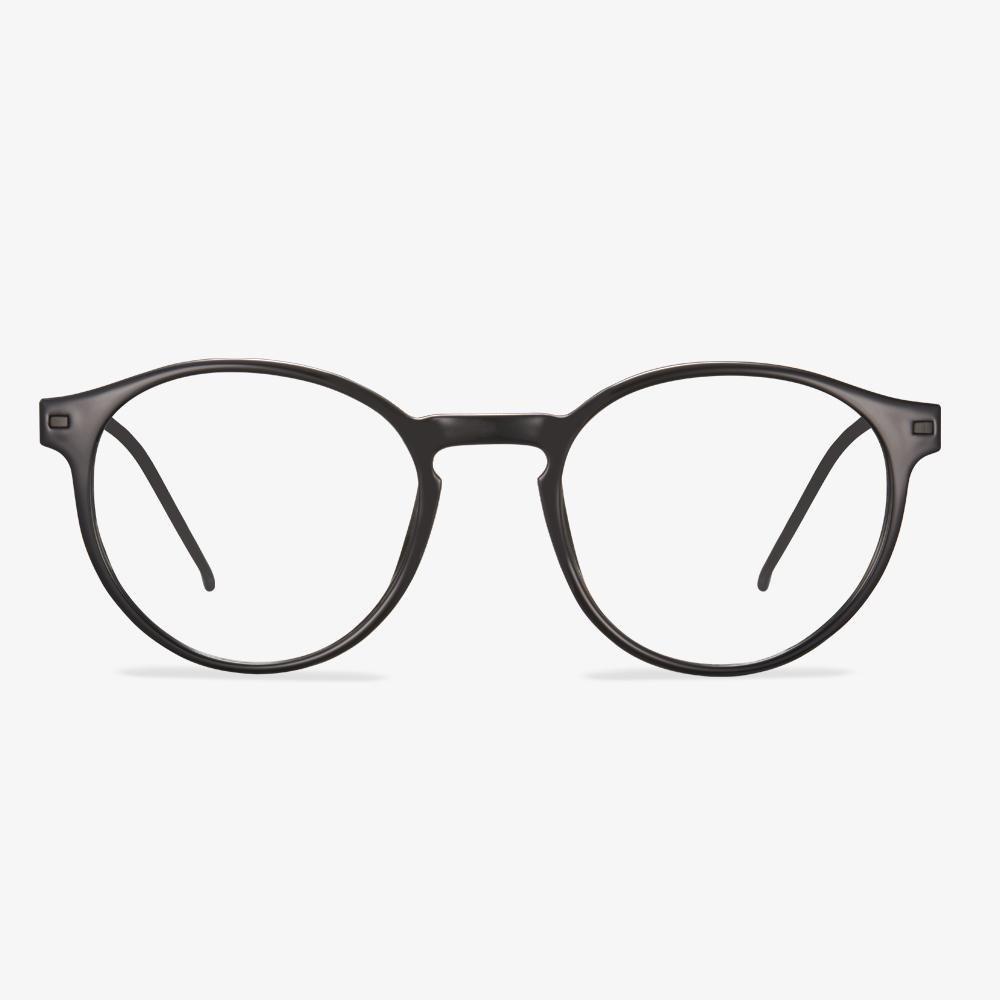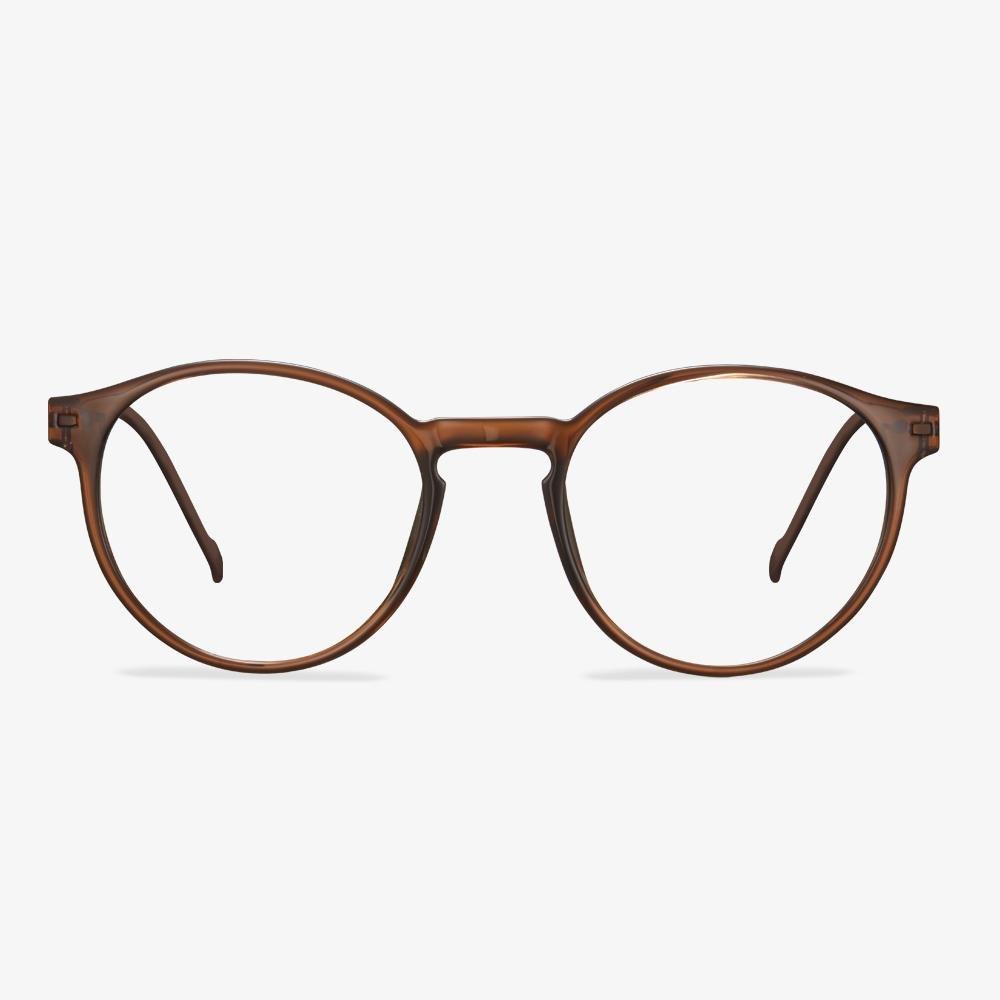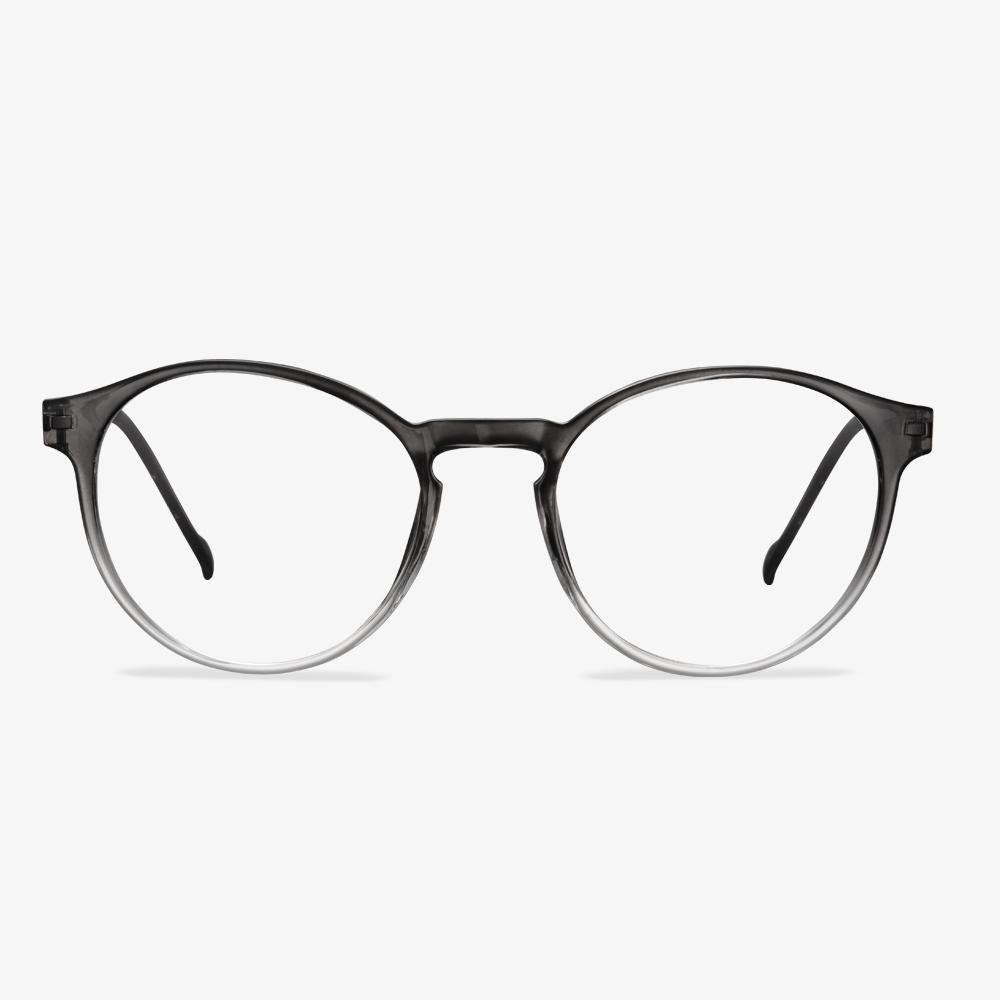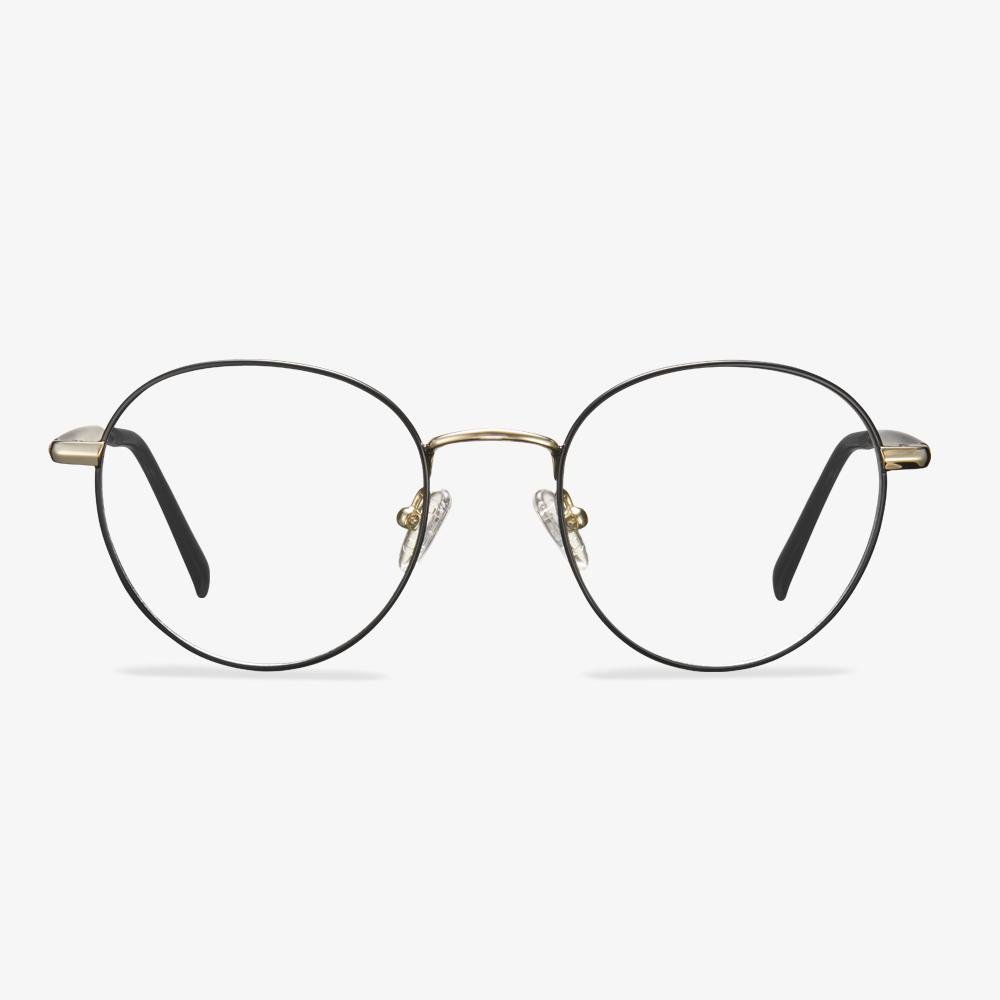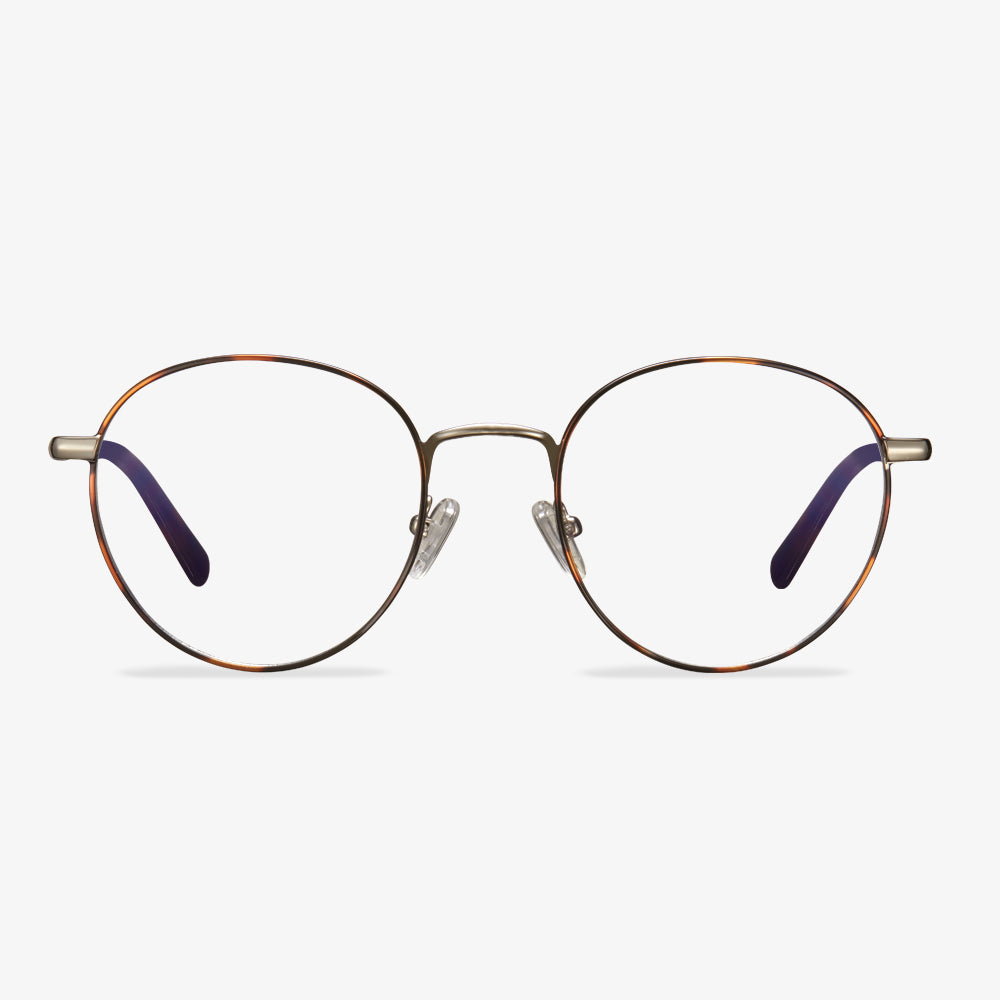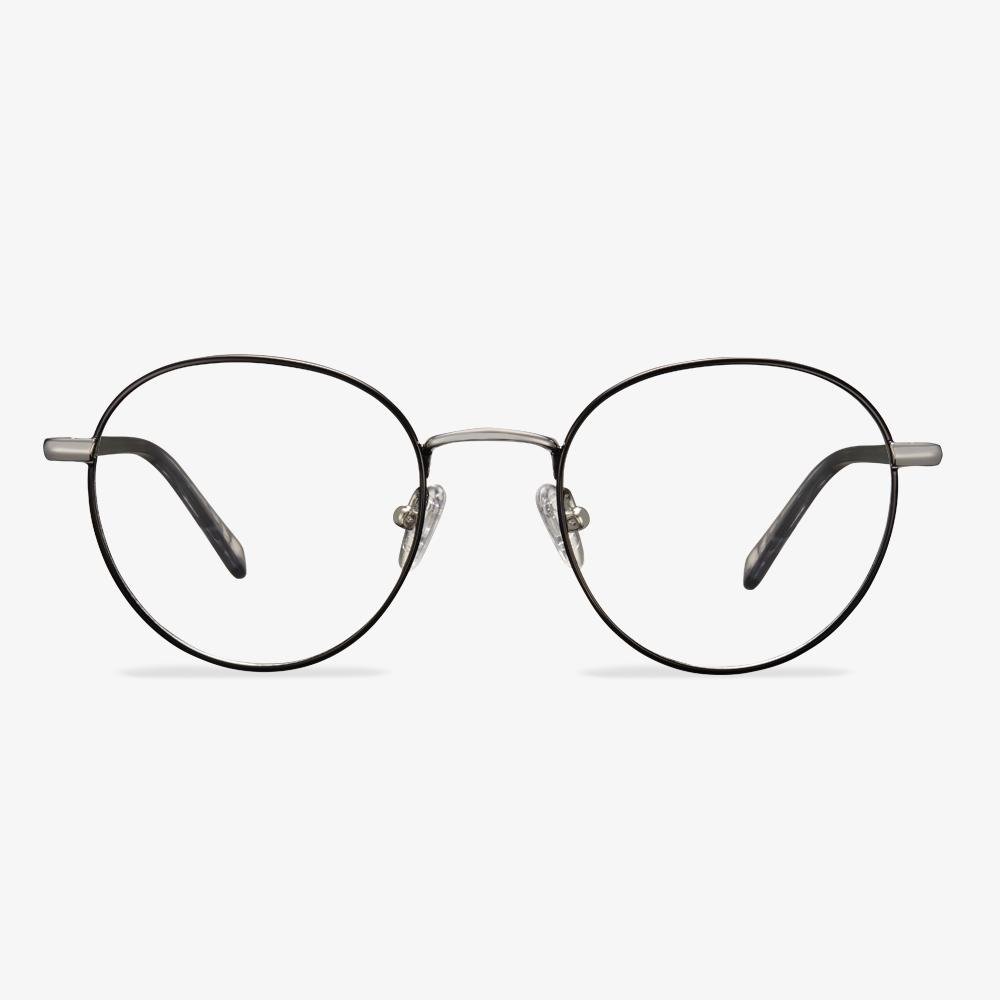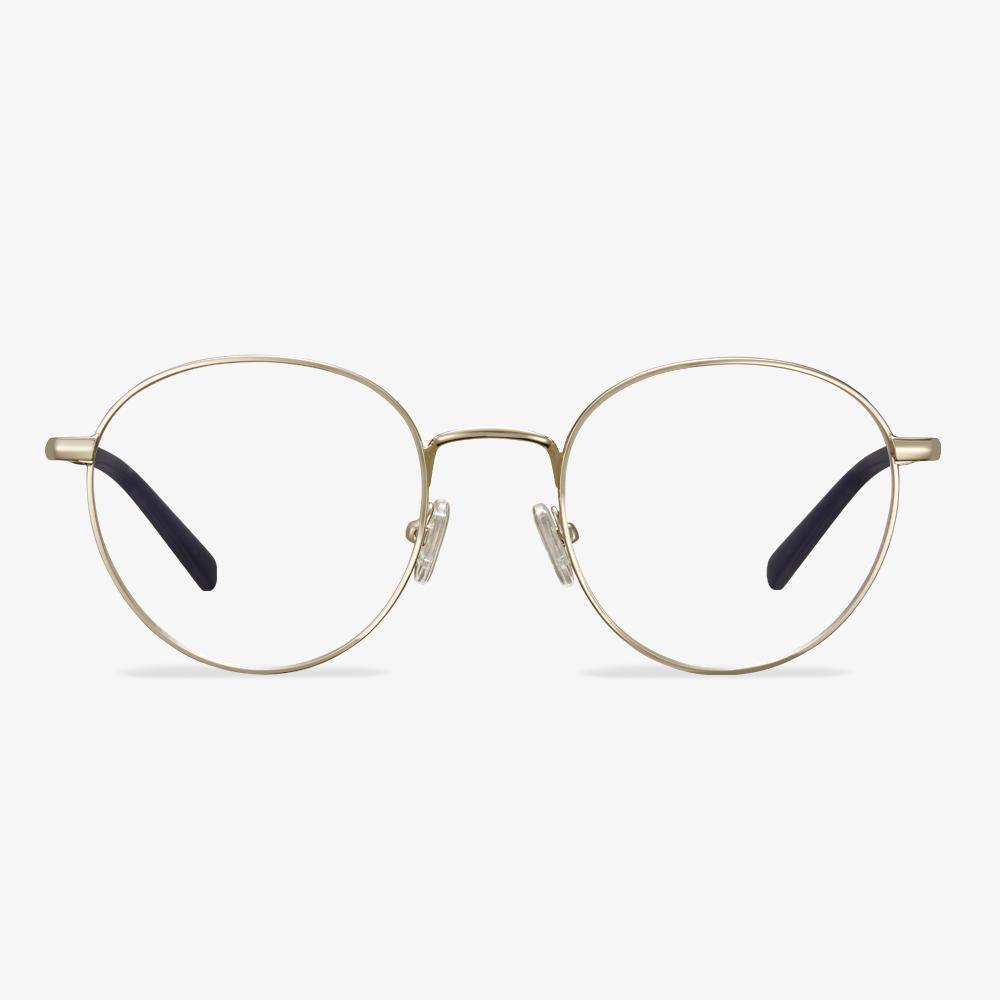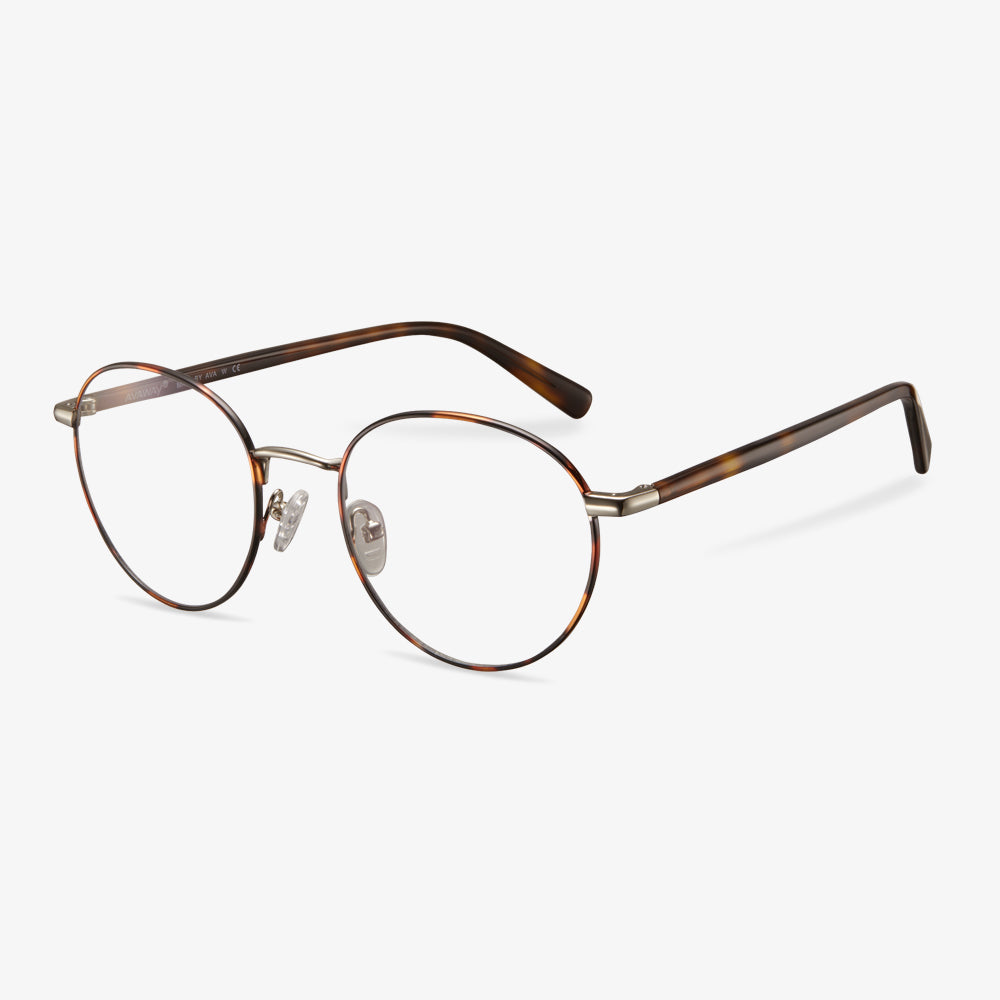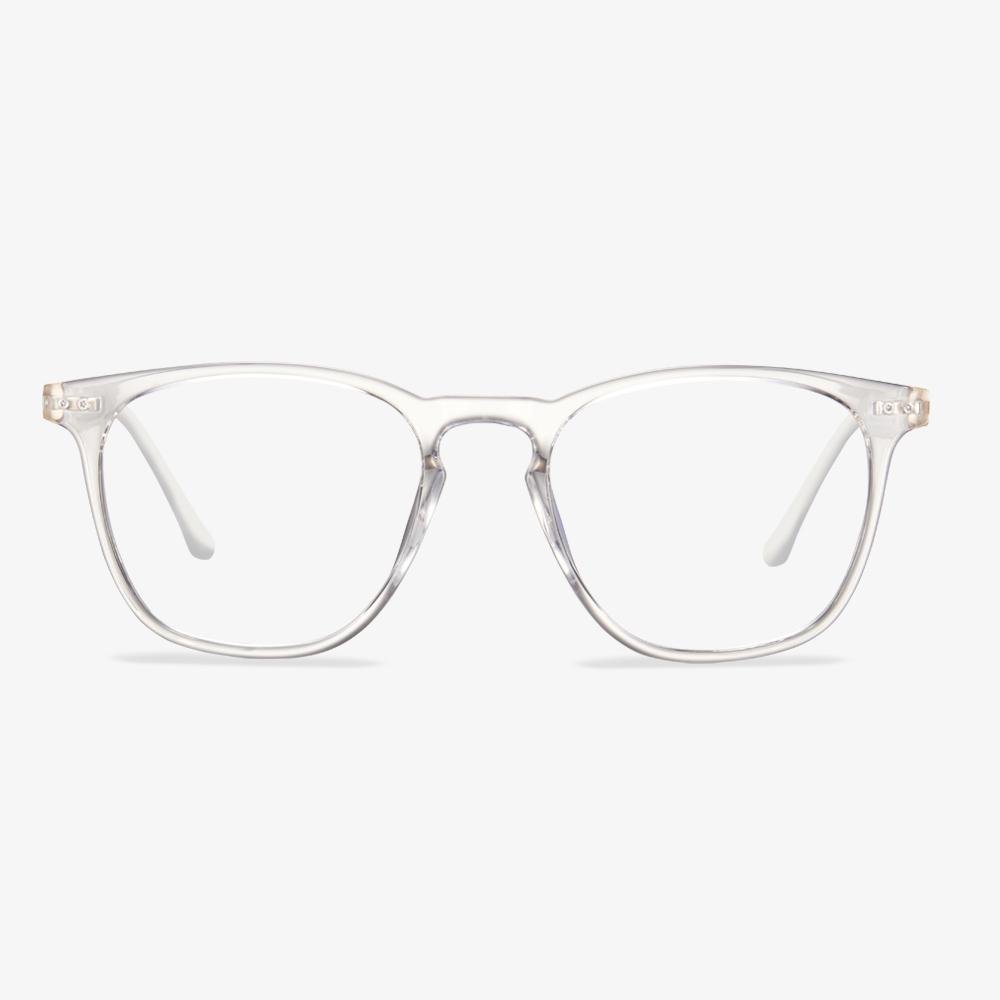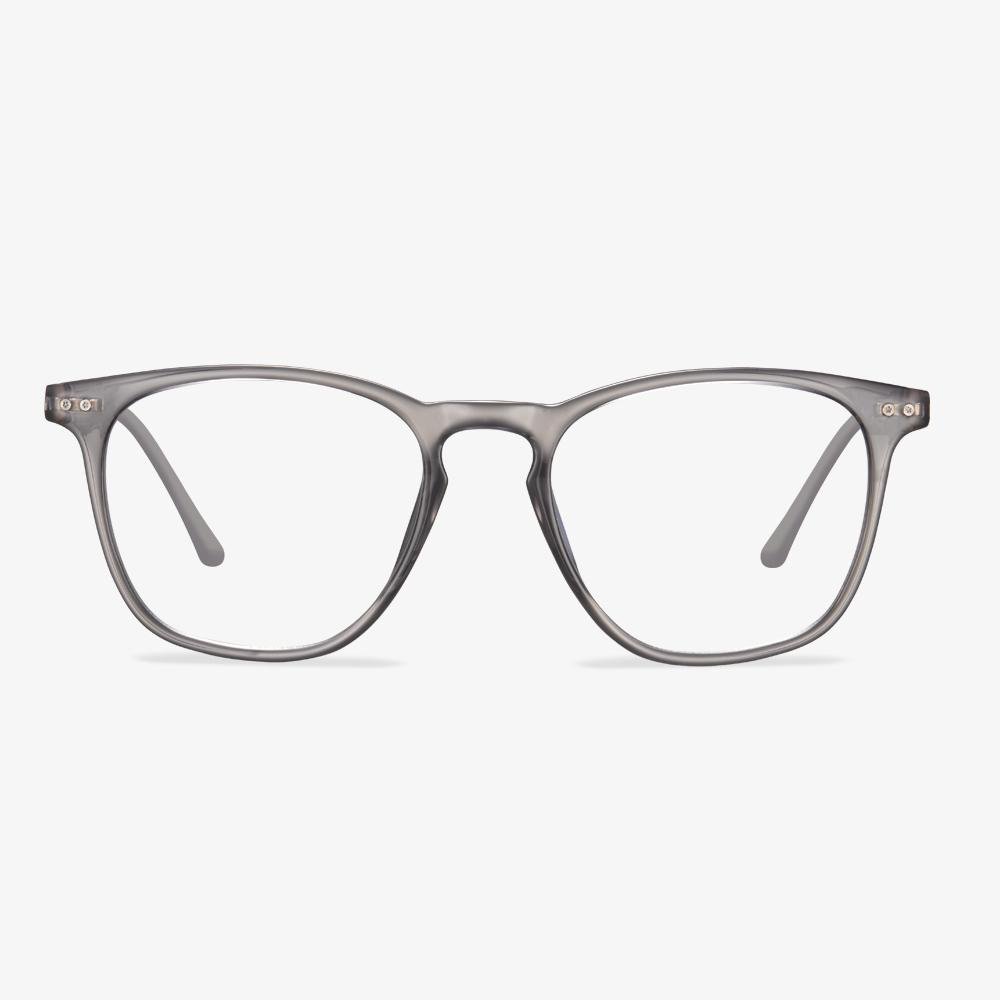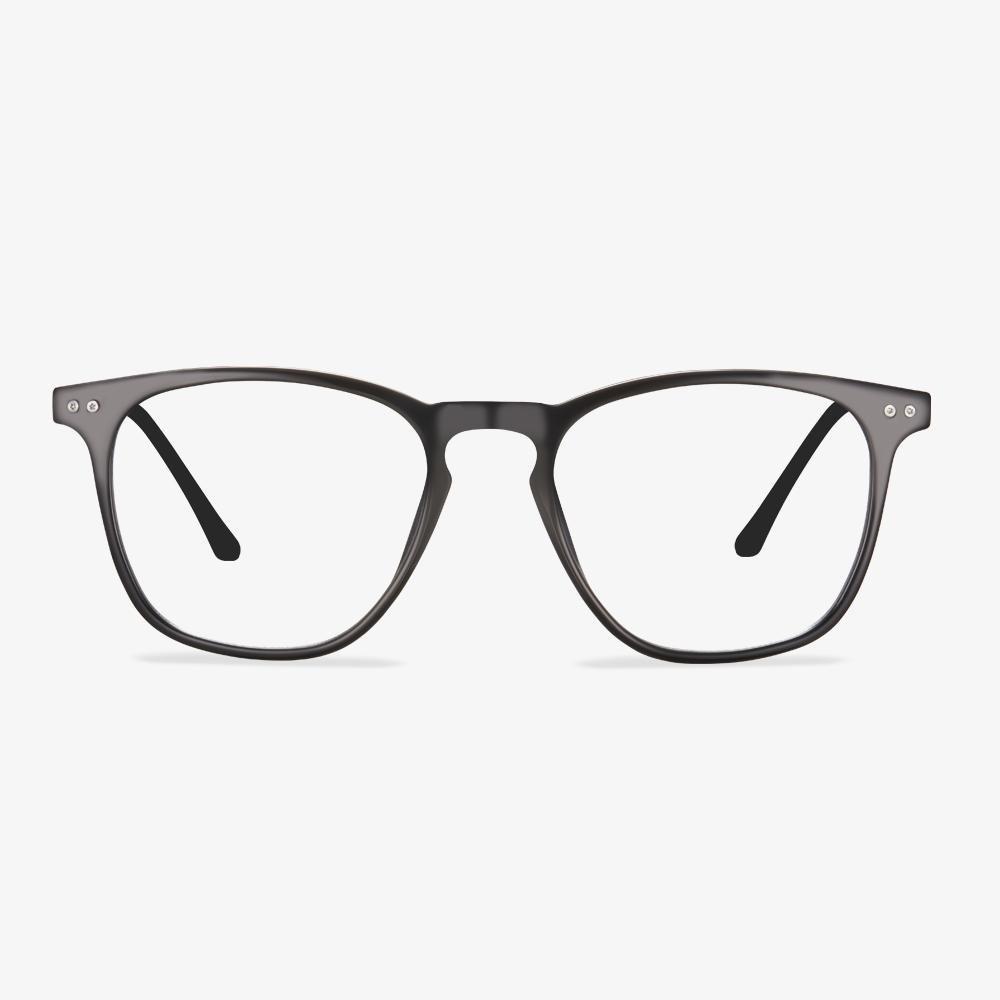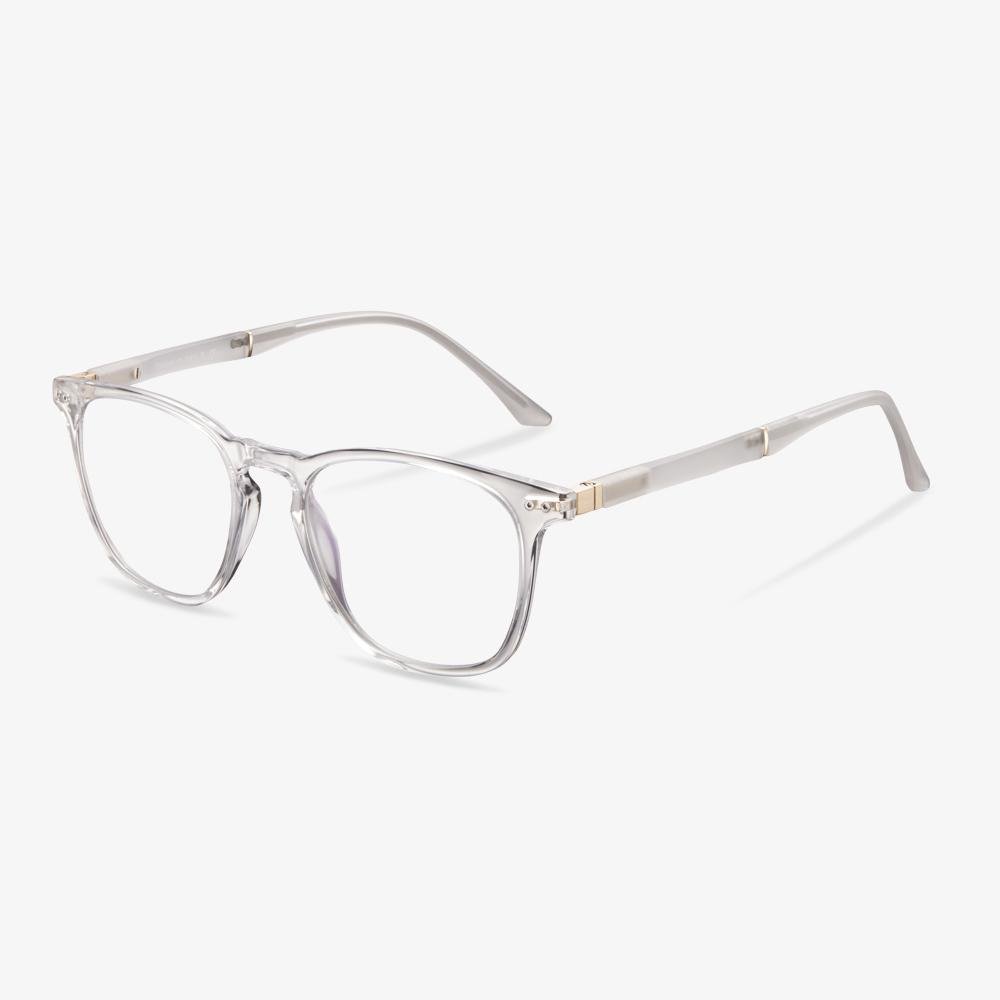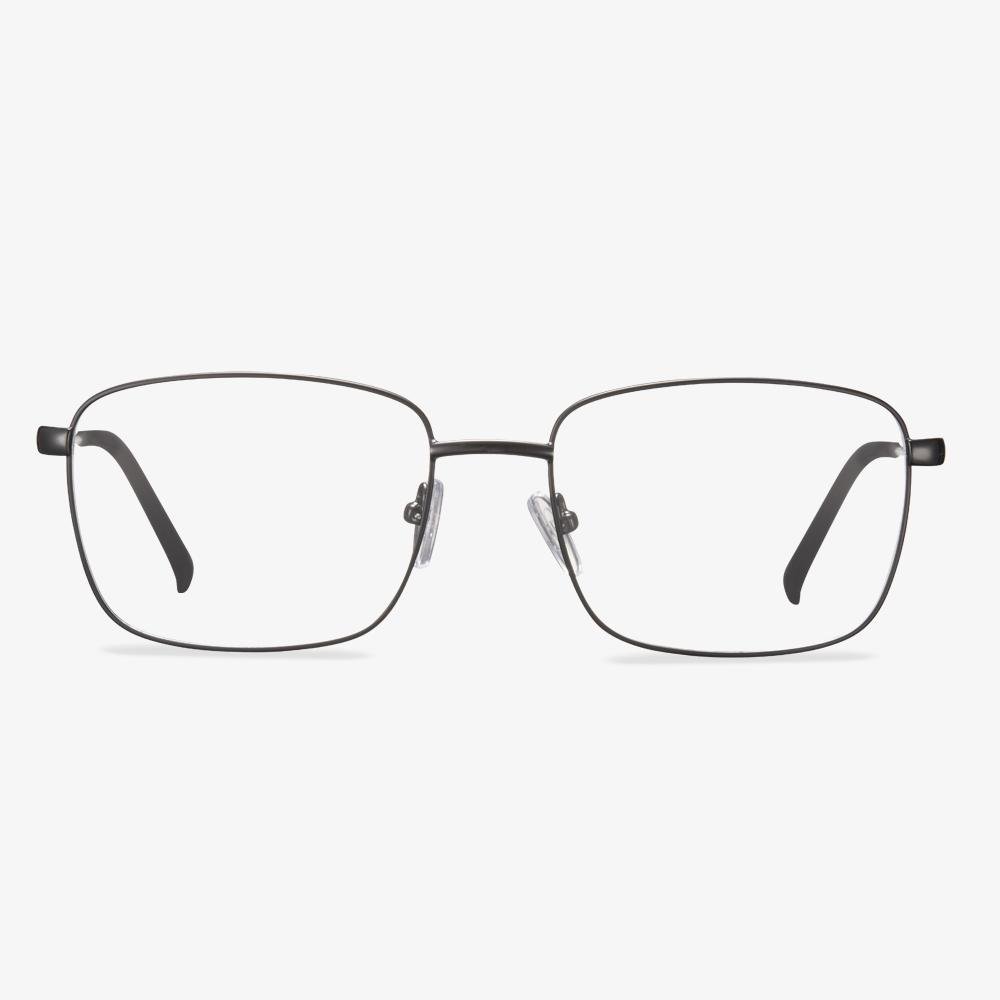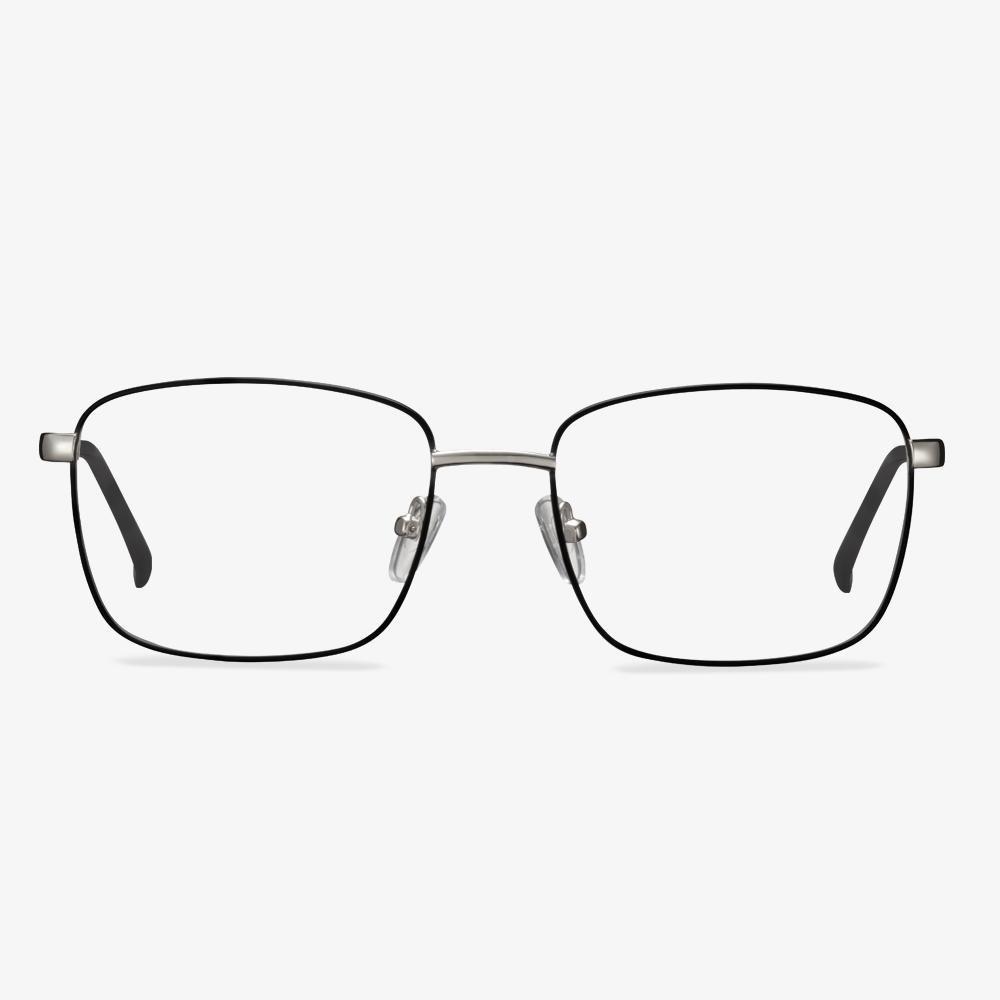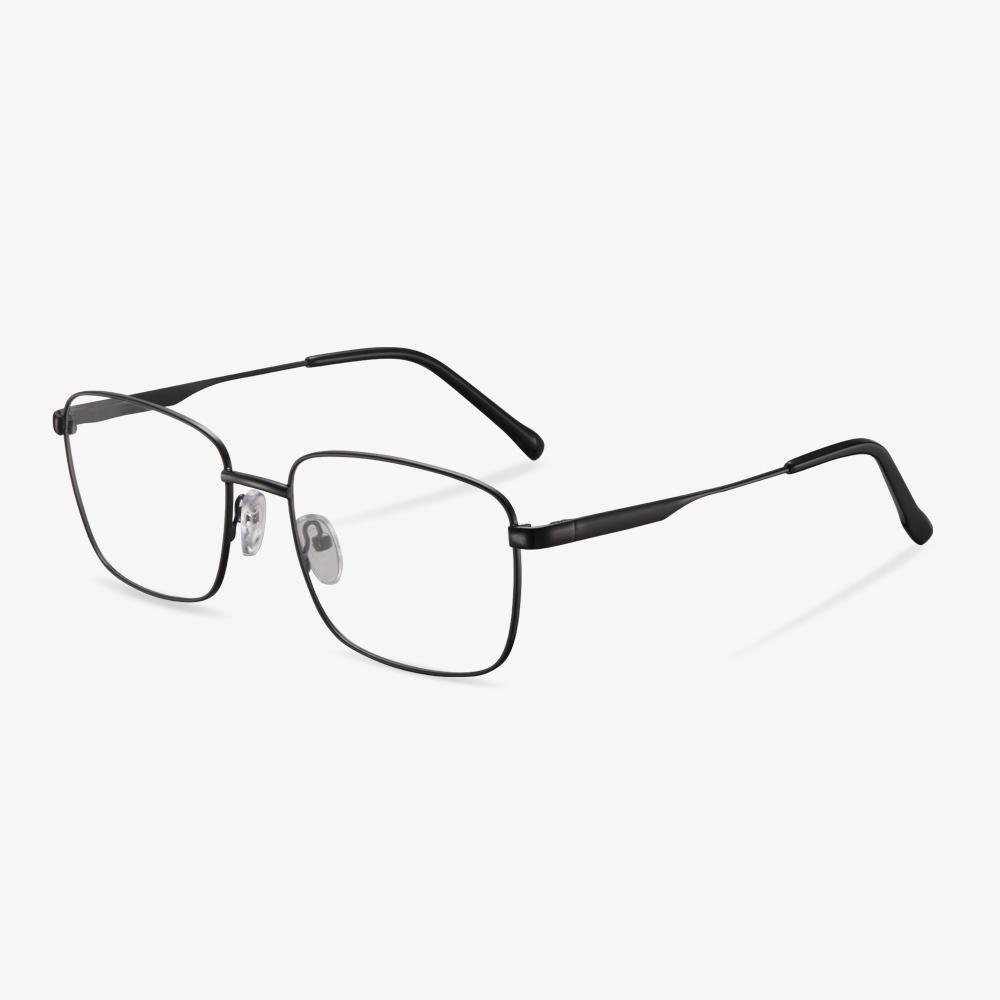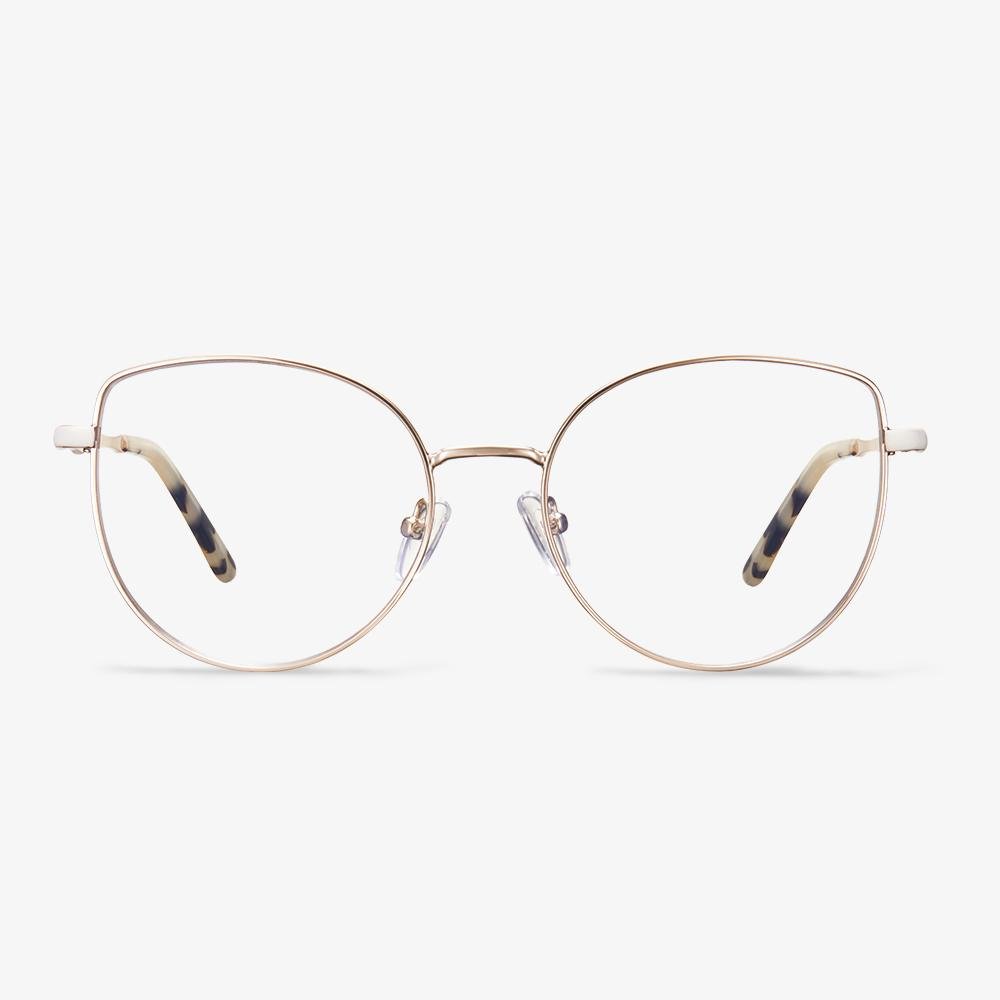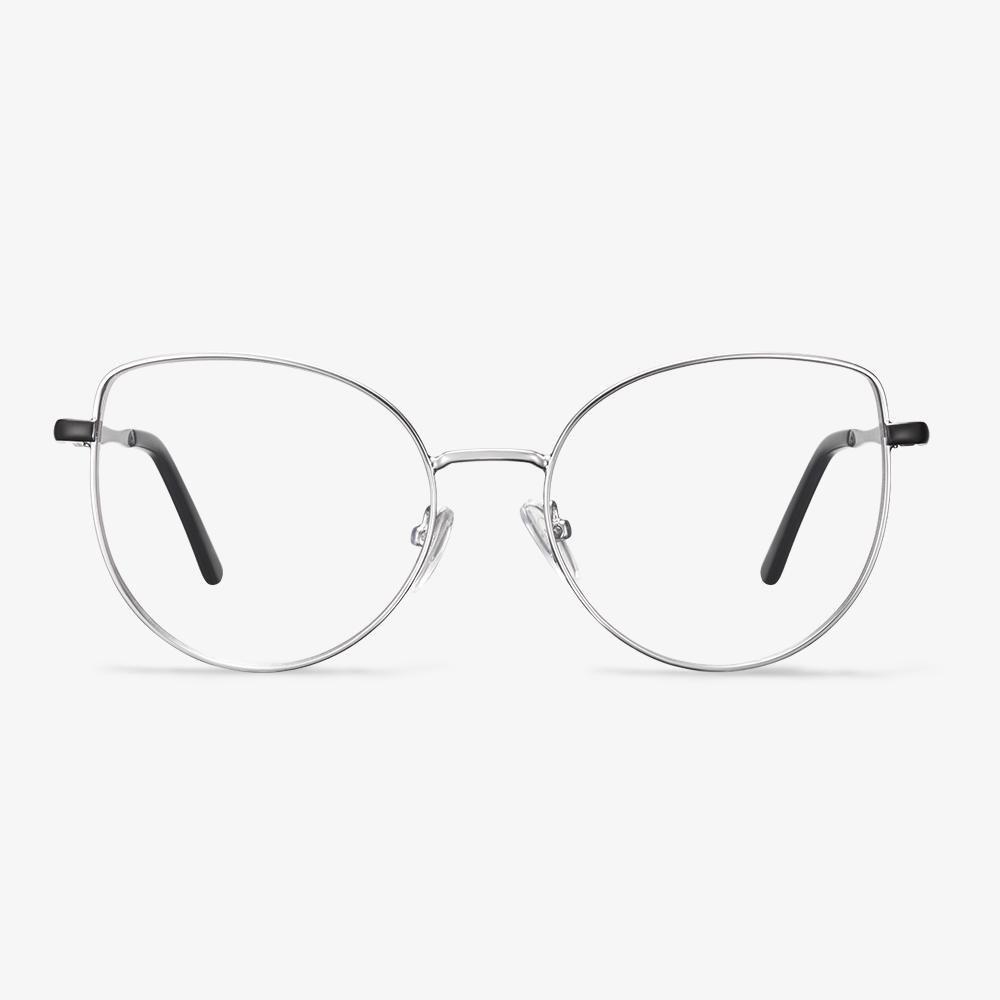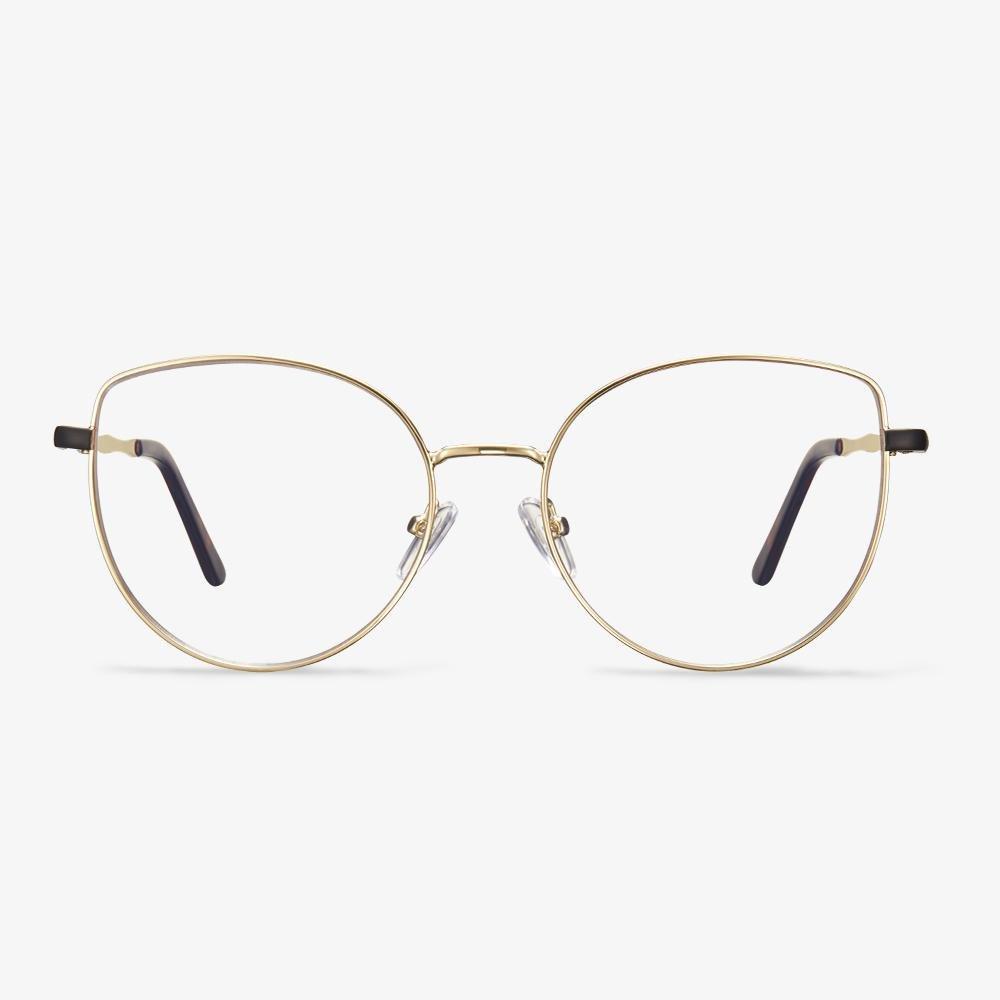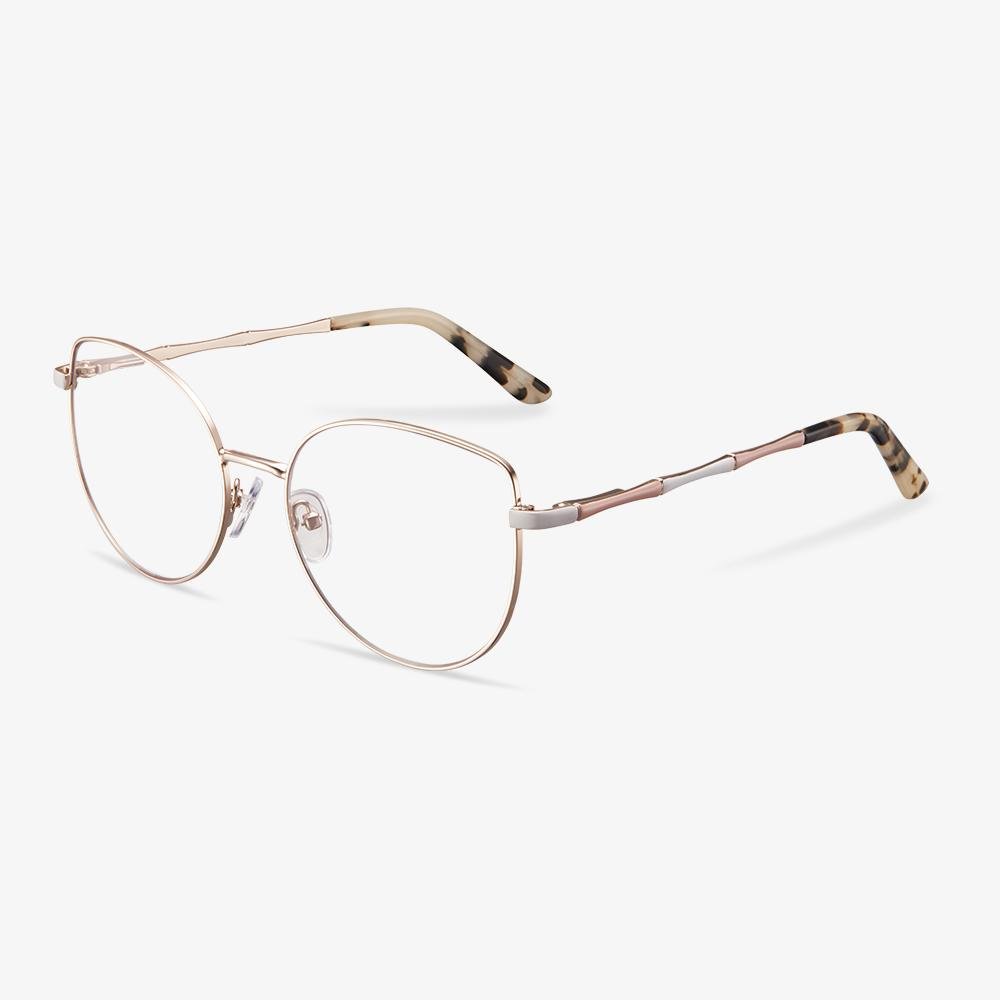If you are suffering from a refractive error, your eye doctor will recommend progressive lenses. They are many different types of progressive lenses and each serves a specific need. So, this post will show 6 types of progressive lenses.
What Are Progressive Lenses?
Traditional eyeglasses are usually single vision lenses with one prescription. Progressive lenses are multiple with three prescriptions in a pair of eyeglasses. Progressive lenses let you see comfortably at different distances, allowing you to see close, near, and far without changing your glasses. There are other kinds of multifocal lenses like bifocals and trifocals, but progressive lenses differ because of their smooth transition between prescriptions.
Bifocals and trifocals work similarly to progressive lenses and feature either two or three prescriptions in a pair of glasses. These lenses have definitive lines separating the prescriptions. However, progressive lenses don’t use these lines and allow you to easily transition between prescriptions.
Hence, in the following section, we will show you 6 different types of progressive lenses.
6 Different Types of Progressive Lenses
1.The first progressive lenses we want to introduce are computer progressive lenses, which are designed for clear vision in office settings. These lenses are ideal when using a computer for over 4 hours a day and help to reduce eye strain.
Computer progressive lenses are intended for indoor use and should not be worn over your regular glasses. The drawback to this is it requires you to have two separate pairs of eyeglasses.
2. The second progressive lenses are premium progressive lenses, which are designed to provide a wider and smoother view. These lenses are highly customizable for your prescription, chosen frame and eye anatomy.
Premium progressive lenses can incorporate your dominant eye into the design and make transitioning between different prescriptions feel smoother as well. However, due to these features, premium progressive lenses are expensive than traditional lenses.
3. The third progressive lenses are ground-view progressive lenses, which are designed for people who enjoy the outdoors. These lenses are supposed to provide a natural feel to your vision and reduce lens distortion. Ground-view progressive lenses allow better vision through the sides and bottom of the lens, so they give you improved vision when driving, using computers and looking downwards.
4. The fourth progressive lenses should be standard progressive lenses that are exactly what they sound like. They offer a wide reading area and have a longer drop between prescriptions and require a larger frame. However, they are less specialized than other lenses.
5. The fifth progressive lenses are short corridor progressive lenses that are designed to fit into small frames. They trade practically for a more fashionable look. Some people have difficulty transitioning to short corridor progressive because of the lens size and vision can feel more distorted sometimes because of this.
6. Transition progressive lenses are the last type. They are a brand of photochromic lenses. These lenses darken when exposed to UV light to provide shade for your eyes. They operate as a useful alternative to sunglasses.
The above part has listed 6 different types of progressive lenses. One thing you need to know is that it can be difficult to adjust to new glasses no matter the type of progressive lenses you choose. You can click here to know more.
To sum up, this post from Koalaeye Optical has shown 6 different types of progressive lenses. If you have any different ideas for progressive lenses, share them in the comment zone. If you have any problems with progressive lenses, contact us via the email service@koalaeye.com and we will reply to you as soon as possible.

















